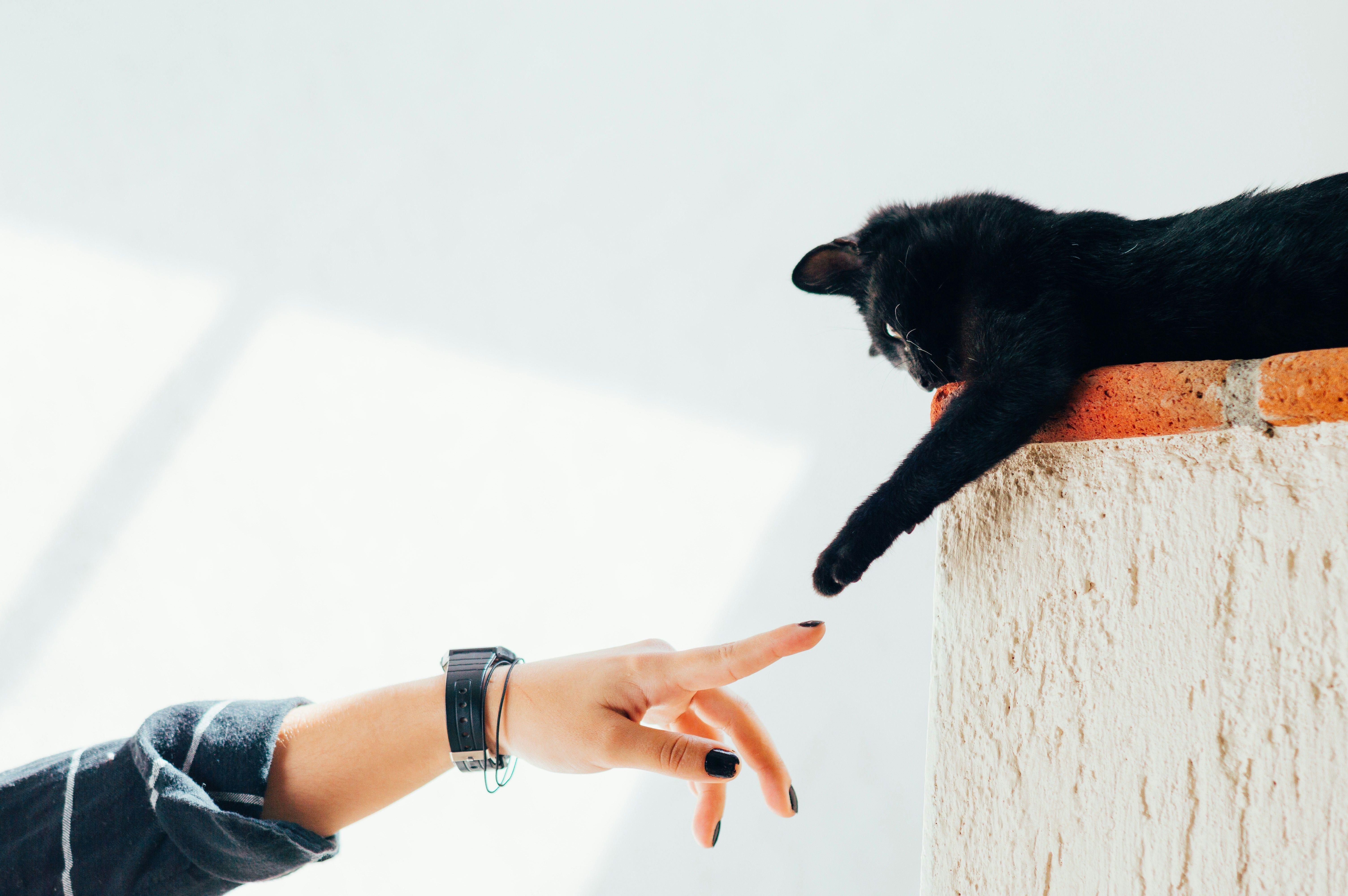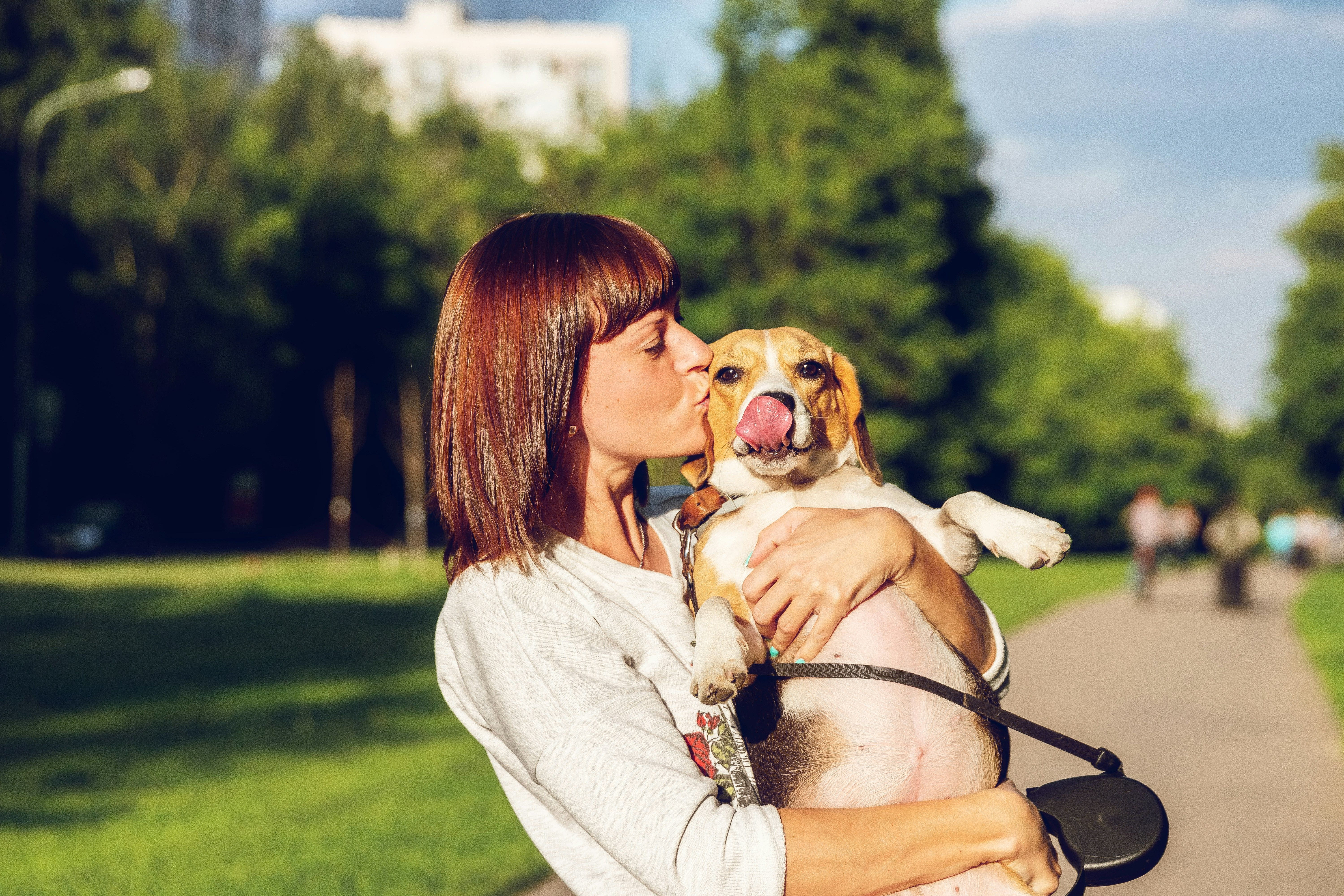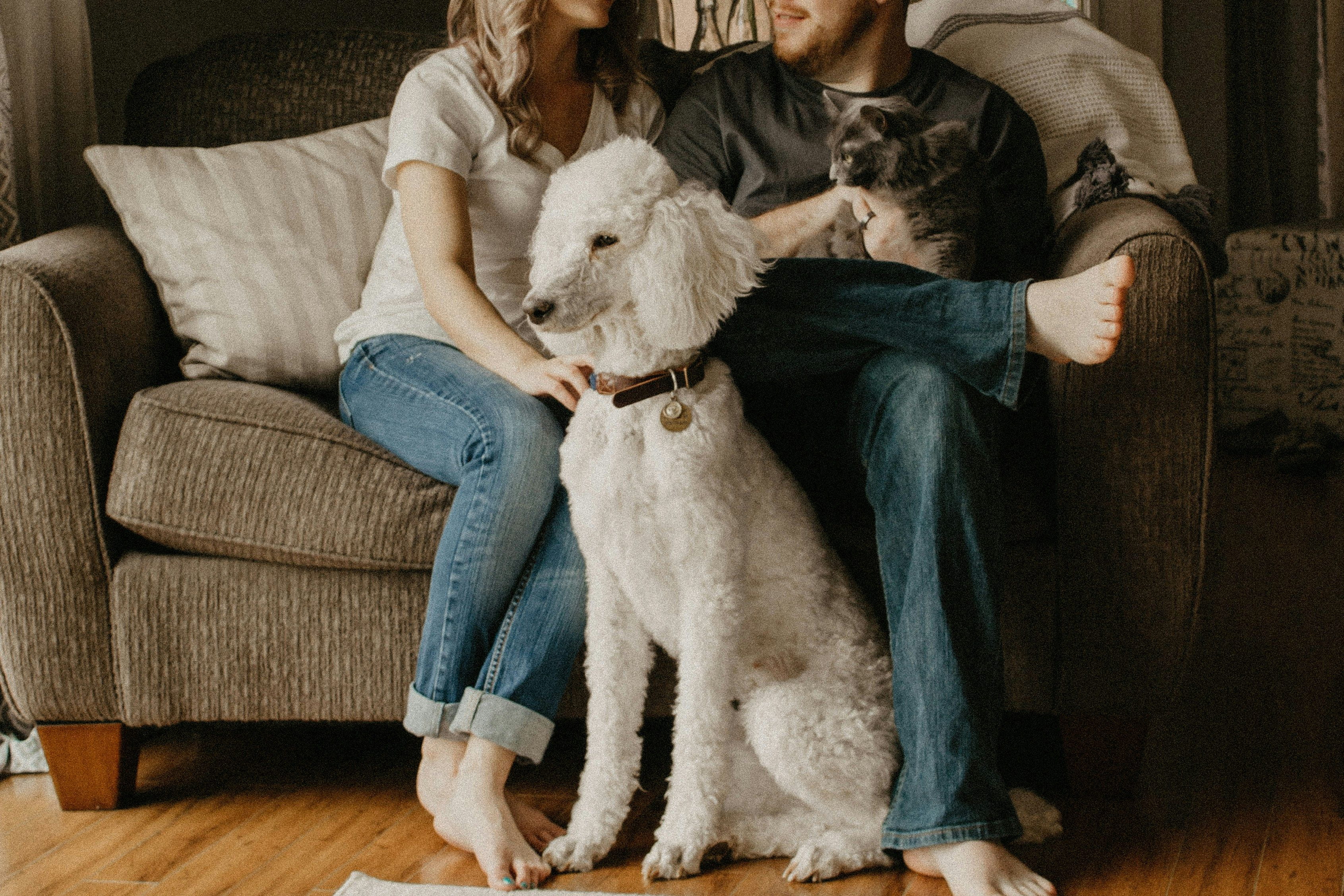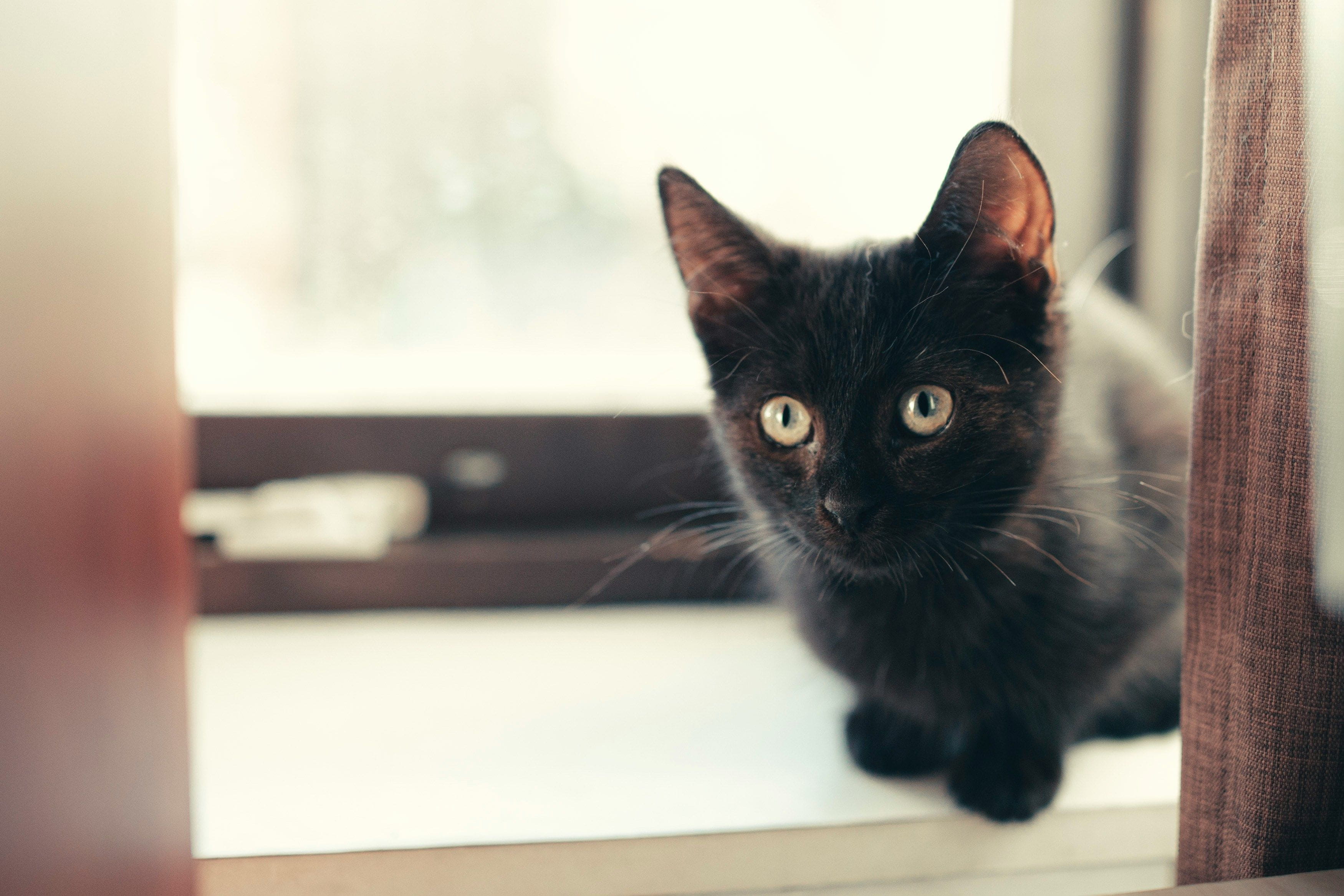
the Rising Influence of Animals in Our Lives
Imagine you meet the love of your life. They’re everything you could have wished for – kind, loyal, intelligent, funny. There’s just one problem. They’ve got beef with your cat. So what do you do? According to a 2023 report by Pets At Home, over half of pet owners believe it would be a problem if a partner didn’t get on with their pet. In addition, 31% of people would stay with a partner longer if they liked their pet and 54% agreed that having a shared pet with a partner can make the breakup harder. Pets now influence our relationships from the initial meeting to our future personal lives. It’s clear that their power can shape the bonds we cherish with our closest loved ones.
The increasingly strong connection we share with our furry friends has fully established them into family life. In the UK now, over 1 in 2 own a pet. Parents are becoming increasingly aware of how animals encourage children to be caring, compassionate and kind. In fact, it has been consistently shown that interaction with pets brings young people valuable therapeutic rewards including higher self esteem and empathy as well as improved social skills. Pets also offer health benefits especially important for children such as boosting physical activity and strengthening the immune system. During teenage years in particular, adolescents may be more vulnerable to loneliness and need look no further than an animal companion for unwavering love and dependable friendship.

Image Credit: Humberto Arellano from Unsplash
Have Something to Say? Write for Us!
Share your ideas and get published on The Teen Magazine. Whether it’s entertainment, wellness, or academics, your voice matters here!
Pet Pawrenthood
Whilst many children and young adults now see pets as their ‘best friend’, other owners are taking a different approach. This stems from the humanisation of pets as our perspective shifts from pet ownership to pet parenthood. Owners proudly call themselves ‘meowmies’ and speak lovingly of their ‘fur babies’ – a term now included in dictionaries which is defined as “a person’s dog, cat or other pet animal that has fur, especially when treated with the love and attention you would give a child”. According to 2023 data released by the Pew Research Centre, 97% of American pet owners say their pets are part of their family and about half consider their pets to be just as much a part of their family as a human member.
A recent article from Psychology Today drew a correlation between parenting styles and dog training methods, identifying four main approaches (neglectful, permissive, authoritarian and authoritative) present both when training dogs and raising children. Clearly, the notion of pet parenthood highlights how our communication and attachment to them has evolved into positive, loving relationships as we embrace this culture change.

Image Credit: Alexander Grey from Unsplash
Pawfectly Pampered
Rising pet power means better care and even more love than before. Many of us are making big decisions that take our pets into account – adjusting our work schedules to care for them, splurging money on pampering and planning vacations, birthday parties and even weddings that involve them. The special bond between pets and their owners is being bolstered by industry as the pet market has become a global phenomenon. In March 2024, Allianz Global Investors predicted that the pet economy will continue to thrive as bonds deepen between owners and animals. Many pet parents are paying progressively more attention to the importance of a high-quality diet, actively investing in organic and grain-free products. Furthermore, a significant proportion say that their pet has at least one dietary restriction such as gluten-free or vegetarianism – lifestyle choices which require individualized and carefully considered pet meal plans.
It doesn’t stop there! Pet parents, especially younger ones, spend lavishly on pet grooming services, fashion and toys to keep their fur-babies looking and feeling fantastic. Obviously, this can come at a lofty price. However, Allianz have predicted that even during times of economic difficulty, owners will continue to try to purchase the best for their pet without compromising wellbeing. We are clearly committed to prioritising our pets’ needs, symbolizing the strength of our love for them.

Image Credit: Artem Beliakin from Unsplash
Although this affection comes from a good place, some feel it could do more harm than good. While pet strollers, luxury dog hotels, water fountains and other arguably excessive animal products may be thoughtful and caring, they are also examples of how our devotion is becoming overwhelming. Owners could be smothering their animals by suppressing their pets’ natural instincts, causing them anxiety and building aggression.
Dogs, in particular, may exhibit fierce dominance and misunderstand the hierarchy within the home, ultimately creating deep-rooted behavioral issues. Establishing guidelines to manage your relationship with pets, such as ground rules within the home and understanding when your care is overbearing, has been advised as key to reducing the negative effects of humanization.

Image Credit: Anastasiya Badun from Unsplash
A Sociological Purrspective
The growth of pet power can be explained by sociologists through the Personal Life Perspective – an approach that recognizes differing opinions over who counts as family. This interactionist perspective (also known as the PLP) focuses on people’s daily interactions and social reality by interpreting their feelings and actions. The idea that our pets are part of our families just as much as human counterparts can explain how family structures have gradually evolved to include the non-human species. In her book ‘Just Like Family: How Companion Animals Joined The Household’, sociologist Andrea-Laurent Simpson demonstrates how the rise in non-traditional family structures such as childfree, single-parent and LGBTQ+ families has paved the way for this change. She explains how the multi-species family has arisen with an enhanced focus on love, belonging, and self-happiness.

Image Credit: Sarandy Westfall from Unsplash
Laws for Paws
This changing perspective is further reinforced by governments whose laws are starting to reflect animals’ expanded roles in our lives. Over the last few years, legislative changes in European countries such as France and Spain changed the definition of animals to consider them sentient beings in legal cases. In early 2024, a significant change was made to British Columbia’s Family Law Act which means pets are now recognised as family members rather than possessions in divorce and separation. When considering each case, the court takes into account important factors, including the willingness of each partner to look after the pet and the degree to which each cared for it, and the law itself encourages couples to negotiate custody arrangements that will bring their pet the happiest future possible.
In the UK, the Renters Rights Bill 2024 gives tenants the right to request to keep pets in their homes, with landlords needing a good reason if they refuse. These changes mark a significant rise in pet power, with animals now having legal recognition that brings them security within the family and a brighter future with their humans.

Image Credit: Robert Larsson from Unsplash
It goes without saying that our pets hold increasingly prominent roles in our lives, and the bonds we share with them are deeply treasured. They have brought about big changes to our families and relationships, both culturally and legally, which will hopefully lead to fulfilling lives for both us and our animal companions. Pets have established power, and for very good reason.



